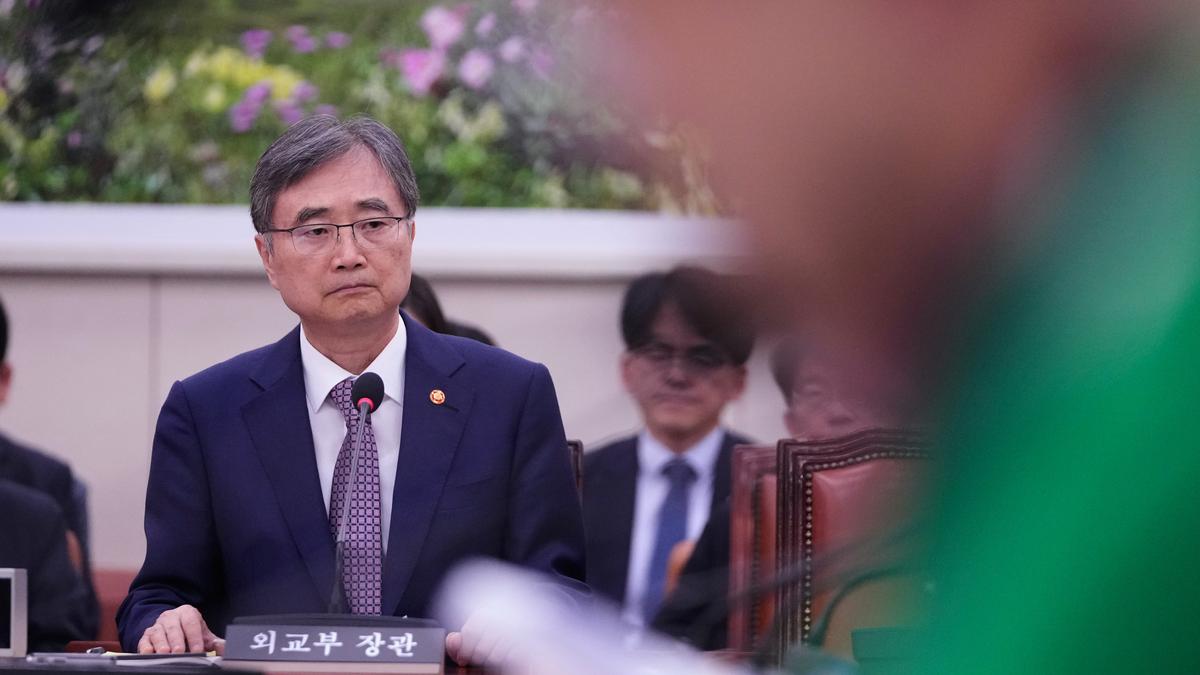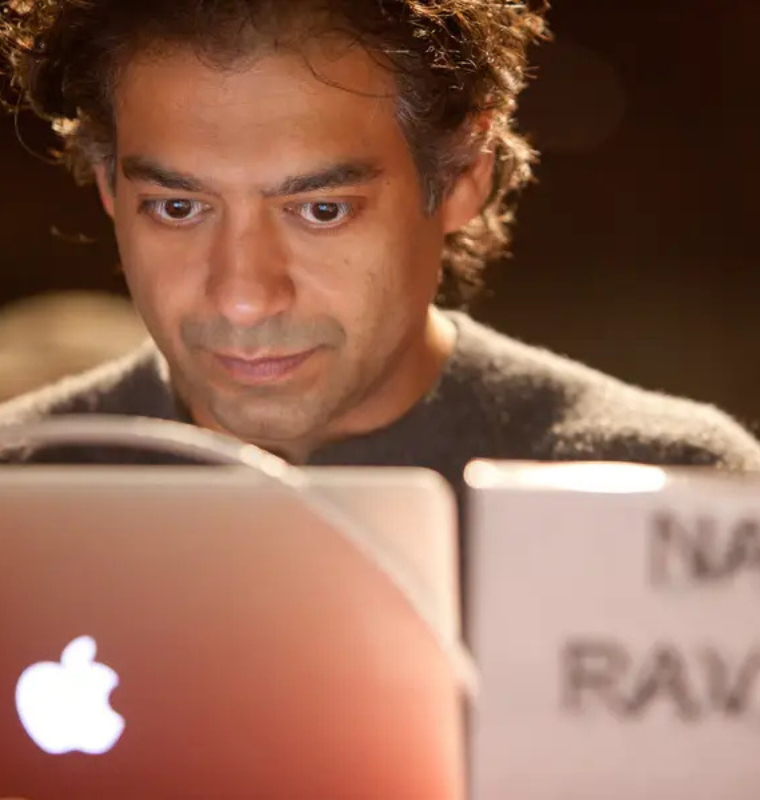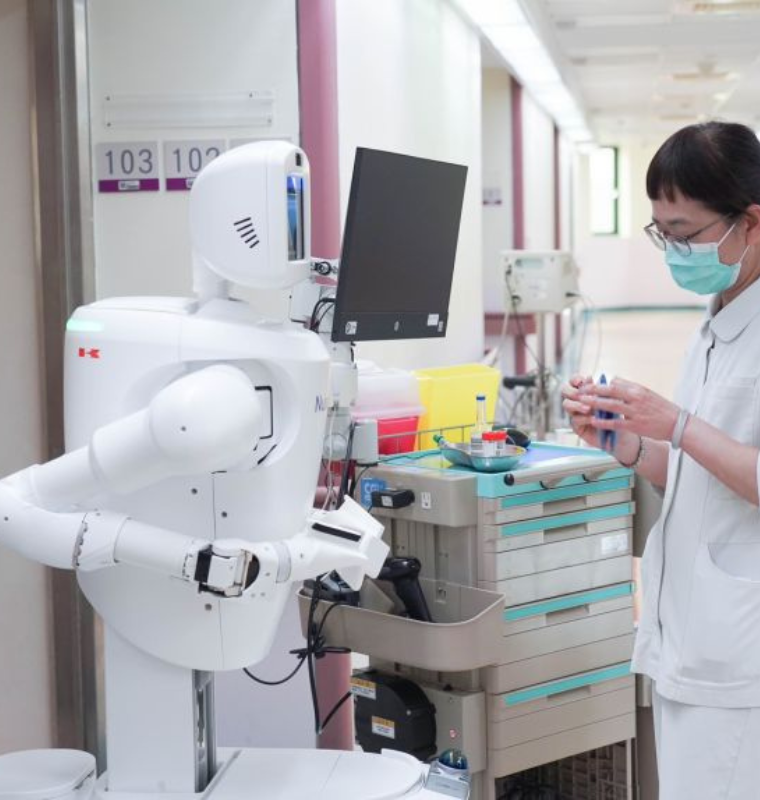South Korea and U.S. Explore New Visa Category After Hyundai Plant Worker Detentions
South Korea and U.S. Explore New Visa Category After Hyundai Plant Worker Detentions
By
Leah Rosenfeld
Last updated:
September 11, 2025
First Published:
September 11, 2025

Photo: The Hindu
South Korea and the United States are in talks to create a new visa category for Korean professionals, following a major immigration raid in Georgia that left hundreds of skilled workers in detention. The move highlights ongoing visa challenges faced by Korean companies operating in the U.S. and underscores the economic and diplomatic stakes tied to high-profile manufacturing projects.
Diplomatic urgency after mass detentions
Foreign Minister Cho Hyun traveled to Washington this week to address what Seoul has described as a “diplomatic crisis.” Nearly 475 workers linked to Hyundai Motor’s electric vehicle (EV) battery plant in Georgia were detained in a U.S. immigration sweep last week. Of them, around 300 were South Koreans directly involved in transferring technology and training local staff.
Cho met with U.S. Secretary of State Marco Rubio, securing assurances that those released will not face penalties if they attempt to re-enter the U.S. later. According to Yonhap News Agency, Cho also confirmed that the workers set to return home on Thursday will not be handcuffed during their transfer from detention facilities to the airport—a departure from standard U.S. deportation procedures.
Why Korean workers are critical
Korean firms such as Hyundai, LG Energy Solution, and Samsung SDI have invested billions in EV and battery manufacturing facilities in the U.S. as part of joint ventures and supply chain expansion. These projects, encouraged under the Inflation Reduction Act and other U.S. manufacturing incentives, rely heavily on skilled Korean engineers and technicians to get plants up and running.
However, Korean companies have long complained about restrictive visa options. Current U.S. visa categories often fail to accommodate short-term, project-specific deployments, making it difficult for firms to oversee construction or transfer advanced know-how. Industry officials argue this bottleneck slows production timelines and undermines U.S. efforts to localize clean energy manufacturing.
The visa debate
During talks in Washington, Cho pressed the case for a tailored visa category that would recognize the unique needs of Korean professionals dispatched to oversee large-scale industrial projects. “Koreans were hurt and shocked by the arrests of workers who came to the U.S. to transfer critical expertise and support America’s push to rebuild its manufacturing base,” South Korea’s foreign ministry said.
While U.S. officials have yet to comment publicly, the issue is gaining traction amid rising trade and industrial cooperation between the two allies. The Hyundai EV battery plant alone represents a multi-billion-dollar investment and thousands of local U.S. jobs, but requires technical oversight from Korea in its early stages.
What’s next
The detained workers are expected to arrive back in South Korea by Friday on a chartered flight arranged by Seoul. Although tensions remain, Cho’s assurances suggest both governments are seeking to prevent long-term fallout.
For Korean firms, the episode underscores the pressing need for a more flexible visa system—one that reflects the scale of their investments in America’s clean energy and automotive future. Without it, industry leaders warn, delays and disruptions could weaken the very manufacturing revival Washington is aiming to achieve.
The talks in Washington may mark the start of a more permanent solution, balancing immigration enforcement with the economic realities of cross-border industrial cooperation. For now, both governments face the task of preventing similar disputes as their economic partnership deepens.
Popular articles
Subscribe to unlock premium content
Naval Ravikant The Angel Investments That Quietly Made Him a Multimillionaire

Rising From the Rubble Lessons From Billionaires Who Failed 10 Times Before Success

Peter Thiel How His PayPal Ventures Paved the Way for Palantir’s Billion-Dollar Success

Naval Ravikant The Angel Investments That Quietly Made Him a Multimillionaire

Rising From the Rubble Lessons From Billionaires Who Failed 10 Times Before Success

Naval Ravikant The Angel Investments That Quietly Made Him a Multimillionaire









